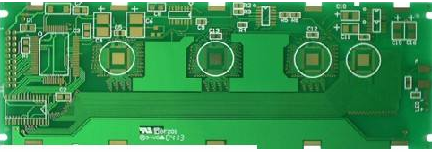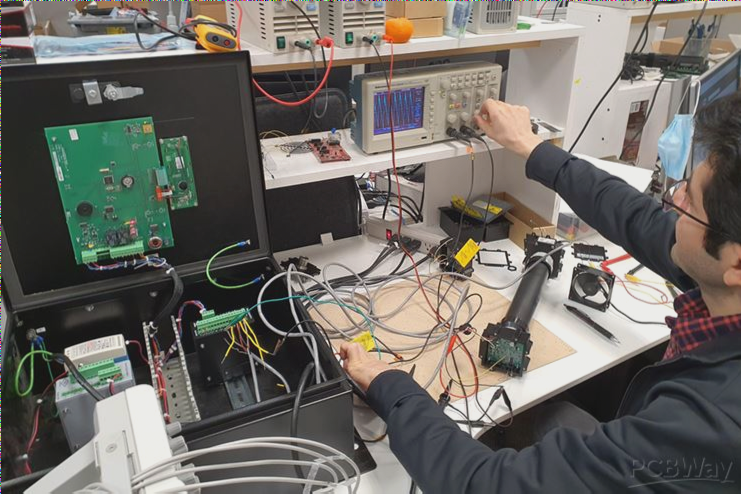The Significance of Lead-Free Reflow in PCB Circuit Boards
Lead-free reflow in PCB circuit boards can lead to delamination issues, causing the copper hole walls in plated through holes to break. This problem is mainly due to the significant difference in the coefficient of thermal expansion (CTE) between the board material along the Z-axis, with α1 (55-60 ppm/°C) or α2 (250 ppm/°C), and copper at 17 ppm/°C. Particularly, the Z-axis thermal expansion rate of the board material below Tg is about three times that of the copper walls, increasing to 12-20 times above Tg. To address the risk of through holes failing during multiple reflows, a temperature cycle test (TCT) is conducted to explore:
- The impact of reflow peak temperature on the board and through holes
- The number of reflow cycles the board can endure
- The reliability of the base material
Latest in PCB Circuit Board Production
When considering PCB circuit board production, it’s essential to stay updated on the latest trends and technologies. Visit Well Circuits for insights and solutions tailored to your PCB fabrication needs.




